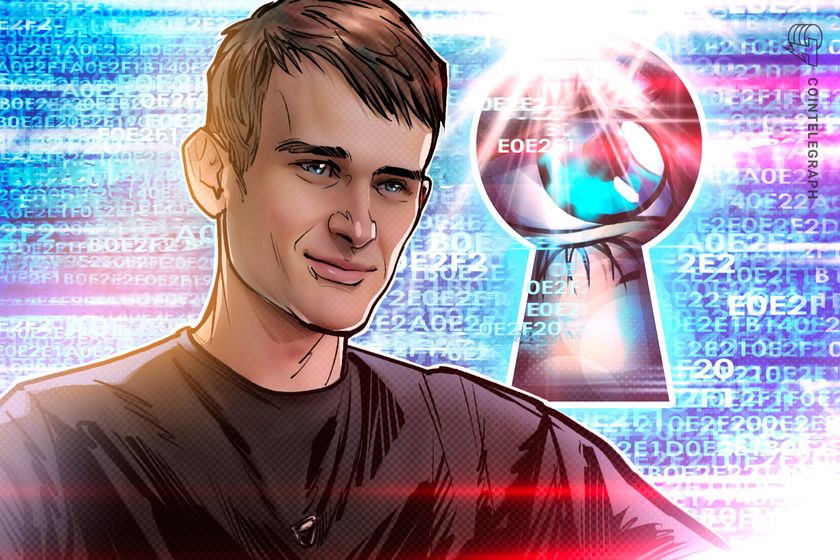

Ethereum co-founder Vitalik Buterin said privacy should be a top priority for developers, warning that assumptions about transparency and good intentions in global politics are overly optimistic.
In an April 14 blog post, Buterin that privacy is essential to maintain individual freedom and protect against the growing power of governments and corporations. He criticized the idea that increased transparency is inherently beneficial, saying it relies on assumptions about human nature that are no longer valid.
“These assumptions include believing that global political leadership is generally well-intentioned and sane, and that social culture continues to progress in a positive direction,” Buterin wrote. “Both are proving to be increasingly untrue.”
Buterin claimed there was “no single major country for which the first assumption is broadly agreed to be true.” Furthermore, he wrote that cultural tolerance is “rapidly regressing,” which is reportedly demonstrable by an X post for “bullying is good.”
Buterin said that he found his lack of privacy unsettling at times. He added:
“Every single action I take outside has some nonzero chance of unexpectedly becoming a public media story.”
Covertly taken photos of Vitalik Buterin. Source:
While this may appear as a suggestion that privacy is an advantage only for those who venture outside the social norms, he highlighted that “you never know when you will become one of them.”
Buterin only expects the need for privacy to increase as technology develops further, with brain-computer interfaces potentially allowing automated systems to peer directly into our brains. Another issue is automated price gouging, with companies charging individuals as much as they expect them to be able to pay.
Related:
Buterin also argued strongly against the idea of adding government backdoors to systems designed to protect privacy. He said such positions are common but inherently unstable.
He highlighted how, in the case of Know Your Customer data, “it’s not just the government, it’s also all kinds of corporate entities, of varying levels of quality” that can access private data. Instead, the information is handled and held by payment processors, banks, and other intermediaries.
Similarly, telecommunication companies can locate their users and have been found to illegally this data. Buterin also raised concerns that individuals with access will always be incentivized to abuse it, and data banks can always be hacked. Lastly, a trustworthy government can change and become untrustworthy in the future, inheriting all the sensitive data. He concluded:
“From the perspective of an individual, if data is taken from them, they have no way to tell if and how it will be abused in the future. By far the safest approach to handling large-scale data is to centrally collect as little of it as possible in the first place.“
Related:
Buterin raised the issue of governments being able to access anything with a warrant “because that‘s the way that things have always worked.” He noted that this point of view fails to consider that historically, the amount of data available for obtaining through a warrant was far lower.
He said the traditionally available data would still be available even “if the strongest proposed forms of internet privacy were universally adopted.” He wrote that “in the 19ᵗʰ century, the average conversation happened once, via voice, and was never recorded by anyone.”
Buterin suggested solutions based mainly on because they allow for “fine-grained control of who can see what information.” ZK-proofs are cryptographic protocols that allow one party to prove a statement is true without revealing any additional information.
One such system is a ZK-proof-based proof of personhood that proves you are unique without revealing who you are. These systems rely on documents like passports or biometric data paired with decentralized systems.
Another solution suggested is the , which allow for regulatory-compliant Ether (ETH) anonymization. Buterin also cited on-device anti-fraud scanning, checking incoming messages and identifying potential misinformation and scams.
These systems are proof of provenance services for physical items using a combination of blockchain and ZK-proof technology. They track various properties of an item throughout its manufacturing cycle, ensuring the user of its authenticity.
The post follows Buterin’s recent . In it, he highlighted the short-term changes to the base protocol and ecosystem needed to ensure better user privacy.
Magazine: